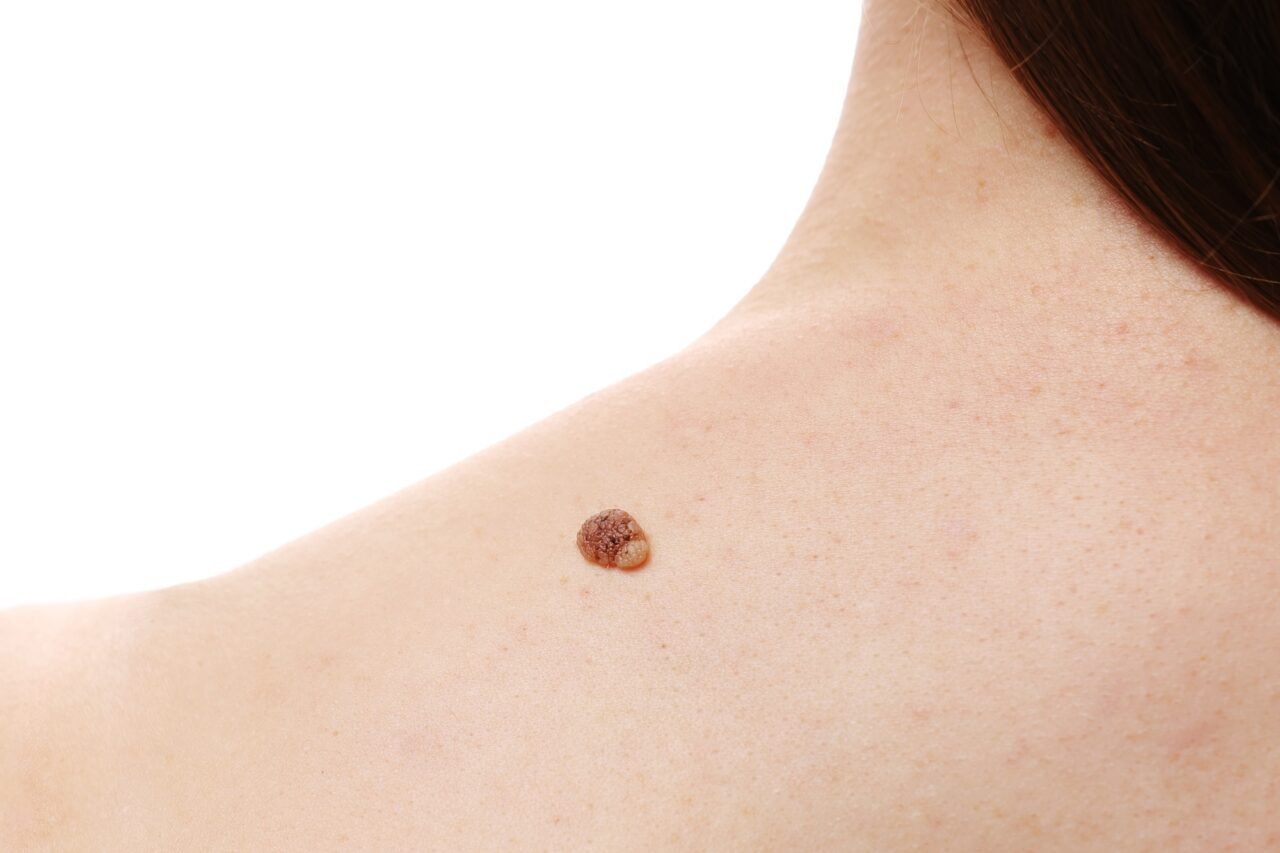Tumor-specific neoantigens (neoAgs) are unique to cancer cells, making them viable targets for therapeutic cancer vaccines. However, little is known about the mechanisms underlying these neoAg vaccines and how they compare to immune checkpoint therapy (ICT). Researchers led by Sunita Keshari, Ph.D., and Matthew Gubin, Ph.D., characterized changes within immune populations following treatment with neoAg vaccines and ICT in models of melanoma, leading them to identify cell subsets and potential biomarkers that provide insights for improving treatment strategies.
The study highlighted differences in the way neoAg vaccines and ICT affect immune cells, discovering that combining neoAg vaccines with ICT elicited a greater immune response in these models. Additionally, they noted that a specific type of suppressive macrophage expressing TREM2 expanded after vaccine treatment, but these cells were suppressed by ICT. Adding TREM2 blockade to the neoAg vaccine blunted this suppressive macrophage population, further enhancing neoAg vaccine efficacy.


